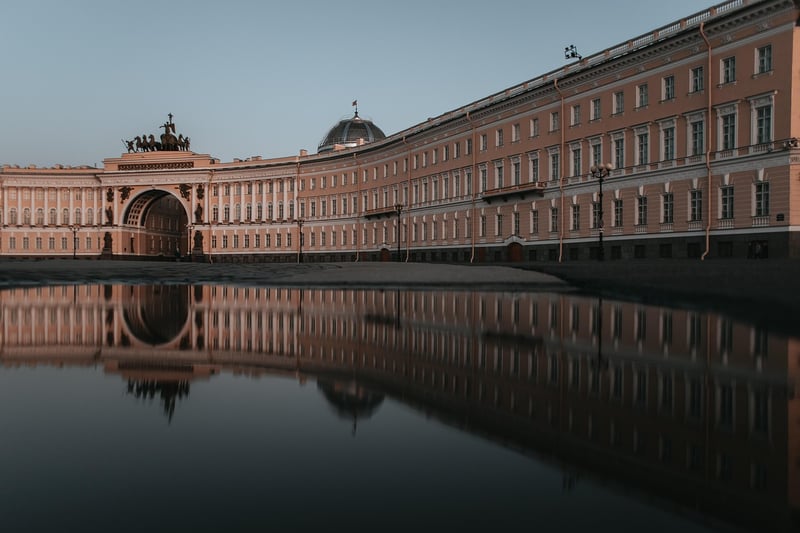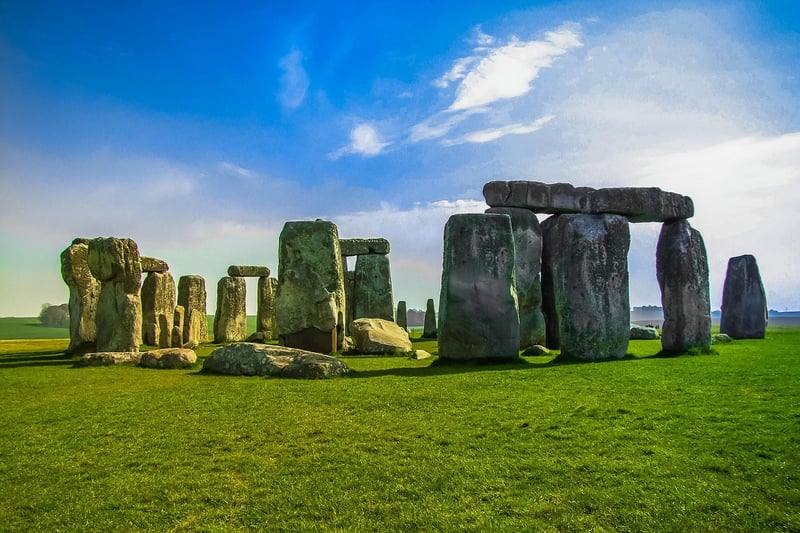Altering History
The Moral Implications of Altering History
History is a tapestry woven from the threads of events that have shaped our world. It serves as a reflection of our past, providing insight into the triumphs and tribulations of humanity. However, the idea of altering history raises profound moral implications that warrant careful consideration.
Understanding the Power of History
History is not merely a collection of facts; it is a narrative that defines our identities and influences our collective consciousness. By altering historical events, we risk distorting this narrative and obscuring the lessons that history imparts. It is through an honest reckoning with the past that we can strive to build a better future.
The Dangers of Manipulating the Past
Attempts to alter history can have far-reaching consequences. By whitewashing or falsifying historical records, we run the risk of erasing the experiences of marginalized groups, perpetuating falsehoods, and undermining the credibility of historical scholarship. Such actions can also fuel misinformation and sow discord within society.
Preserving Historical Integrity
While history is not static and interpretations may evolve, it is essential to preserve the integrity of historical facts. By acknowledging the complexities of the past, including its darker chapters, we can learn from our mistakes and work towards a more just and equitable future.
Conclusion
As custodians of history, we bear a responsibility to uphold the truth and integrity of the past. Altering history for personal gain, political agendas, or any other purpose undermines the essence of historical inquiry and jeopardizes our understanding of the world. Let us embrace the lessons of history with humility and respect, recognizing that our actions today shape the narratives of tomorrow.


For further reading on the importance of preserving historical integrity, you may be interested in this article.
